Topics in Control for Aircrafts
Organizer
Vassilios Tsachouridis
Collins Aerospace | An RTX Business, Applied Research & Technology
Cork, Ireland
Summary
It is generally accepted that control systems domain expertise in applied mathematics, dynamic systems, modelling, system robustness, stability, and design of control policies to govern systems, is vital to ensure integrity, stability, and reliability of large/complex interconnected systems. This scales to diverse engineering applications and discipline domains in aerospace. At aircraft component/subsystem level control system technology presence is extensive from aerostructures, long and complex mechanical transmissions, rotating bodies, thermo-mechanical systems, cabin climate and interiors, electrical power and actuation, to sensors, communication and avionics. At supervisory aircraft level functionality, flight mission operations, guidance and navigation, aircraft autonomy and plenty more are made possible using control. Control engineering is a cross-discipline field that applies control theory to a wide range of systems, and this introduces rigour and establish assurance through the systems life cycle, including the early stages of the design. Advanced control laws and system identification can assure to certain extent robust aircraft autonomy and performance under uncertainty. Regarding aircraft certification, flight test campaigns (including planning and management) are one of the critical steps in the research and development of autonomous systems and obviously the certification of aircraft integrated controls. The Community of Practice for Control Theory and Applications (CTAPP) of Collins Aerospace and IEEE CSS TCAC is organizing this workshop to share some R&D activities, best practices and success stories related to control systems applications for future aircraft. The session consists of individual presentations, followed by general discussions with the audience, covering applied control success stories and challenges.
List of Presentations
Non-Linear Control for Parallel Control Architectures
Andrei Dinu
Power & Controls, ECMS, Collins Aerospace, UK
Control Architectures for Efficient Thermal Management in Next Generation Hybrid Electrical Regional Aircrafts
Siwei Cai, Sahan Wasala and El Hassan Ridouane
Collins Aerospace Ireland Ltd., Cork Ireland
Integrated Lidar and Radar sensor for next generation autonomous aircraft operations
Stylianos Basagiannis
Collins Aerospace Ireland Ltd., Cork Ireland
Behavioural Assurance Challenges in Systems and Control
Vassilios Tsachouridis
Collins Aerospace Ireland Ltd., Cork Ireland
Learning When to Use Robust Controller Given Uncertainty Quantification for Vision-Based Object Tracking in Unmanned Aerial Vehicles
Hyung Jin Yoon1, Petros Voulgaris2 and Naira Hovakimyan3
1Tennessee Technological University (TTU), USA; 2Mechanical Engineering, University of Nevada, Reno (UNR), USA; 3Mechanical Science and Engineering, University of Illinois Urbana-Champaign (UIUC), US
Flight Test Methods Uncertainty quantification, UAV, Vision-guided control, H-infinity synthesis, Reinforcement learning Applied to Test of Automatic and Autonomous Systems
Jessica Peterson1, Christos Papachristos2 and Petros Voulgaris3
1,3Mechanical Engineering, University of Nevada, Reno (UNR), USA; 2Computer Science and Engineering, University of Nevada, Reno (UNR), USA
Tentative Outcomes
The Workshop aims to bring together researchers, from academia and industry to communicate developments and future directions in control discipline applications in aerospace to the wider audience. The proposed workshop schedule is reported hereafter, together with the list of confirmed speakers, their bios, and summaries of the proposed contributions. Each talk will consist of 45’ plus 15’ for Q&A, separated by coffee and lunch breaks to maximize professional networking and technical discussions between presenters and participants. A roundtable discussion, among presenters and participants, on future directions will conclude the workshop.
Intended Audience
Control engineers and practitioners, control researchers from both academia and industry, aerospace engineers, computer scientists, mechanical/electrical engineers.
Date and time
All tutorials and workshops will be held on June 11th. The time for each event will be announced in the conference program.
